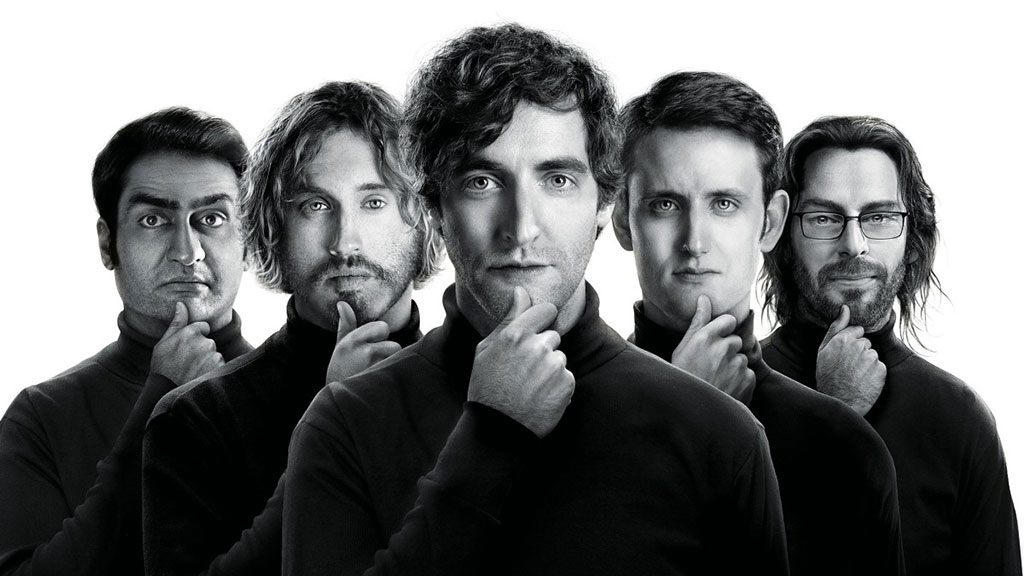Google is training AI to reduce the size of image files
If you've watched Silicon Valley, you'll get why this is exciting

Smartphone storage is precious, especially with many handsets still coming with just 16GB, so anything that saves space would obviously be welcomed by millions of users.
Well, Google is working on a way to do just that by cutting down the size of the thousands of images we all hoard on our phone.
The company is doing this by feeding tiny 32 x 32 pixel fragments of six million randomly selected, compressed images into a neural network (essentially a computer system modelled on the human brain).
Google is using the least compressed fragments from each image in the hope that the network can further compress them. Given that existing compression tools struggled to squash down these fragments, the theory is that if Google's neural network can do a better job it should be able to improve on the compression of the rest of an image too.
Breaking it down
The neural network carries out the compression of an image by breaking it down into binary code and then reconstructing it, and the network's doing so fairly successfully, as it has been found to outperform JPEG compression on standard tests. In other words, the neural network can make images smaller.
This research could both lead to space saving on smartphones, and also reduced server load and power consumption for companies like Google, which offers free online photo storage.
It's still a work in progress, as while images can be reduced in size there's the risk they could appear distorted, as neural networks aren't fully adept at knowing how an image should look.
Get daily insight, inspiration and deals in your inbox
Sign up for breaking news, reviews, opinion, top tech deals, and more.
But the project, which was highlighted by Quartz and is more than slightly reminiscent of fictional software in the show Silicon Valley, could one day lead to significant space saving for consumers, and reduced costs for cloud storage companies.
James is a freelance phones, tablets and wearables writer and sub-editor at TechRadar. He has a love for everything ‘smart’, from watches to lights, and can often be found arguing with AI assistants or drowning in the latest apps. James also contributes to 3G.co.uk, 4G.co.uk and 5G.co.uk and has written for T3, Digital Camera World, Clarity Media and others, with work on the web, in print and on TV.